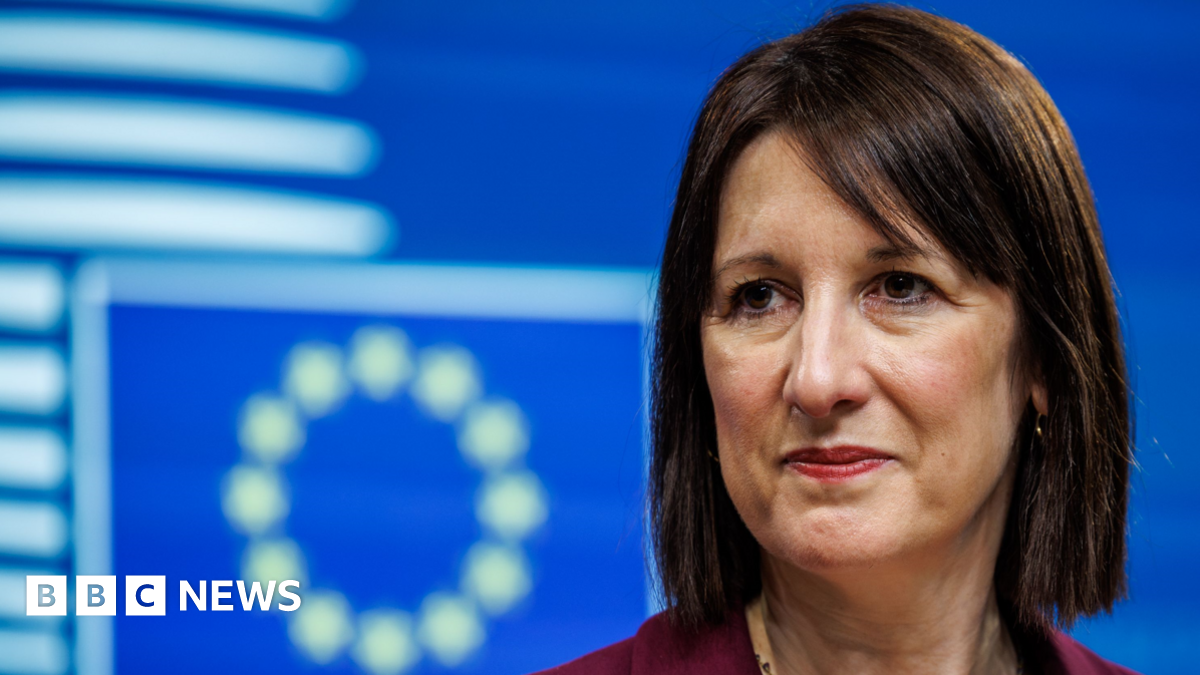Following a speech to Eurogroup finance ministers in Brussels – the first given by a UK chancellor since Brexit – Reeves repeated that the UK would not rejoin the single market and customs union or Freedom of Movement, as outlined in the Labour manifesto.
But she did not rule out keeping UK laws in line with EU regulations for farm, food and goods exports, a policy known as “dynamic alignment”.
The UK has previously said it is seeking a veterinary agreement, which could mean meat, fish, dairy, and live animals face fewer checks when crossing a UK-EU border.
Reeves also did not suggest that demands for an extension of a soon-to-expire fisheries deal were a barrier to a closer Brexit relationship.
Extending the Brexit fisheries deal beyond 2026 is likely to be a condition for any wider reset.
Meanwhile, the EU has said it would like to see a scheme for young Europeans to live and work both there and in the UK – something Prime Minister Sir Keir Starmer has ruled out in the past.
The EU has now refined the plan as a “Youth Experience” scheme which Spain’s economic minister Carlos Cuerpo told the BBC could be “put on the table” by the bloc and that the UK could benefit to as part of a “win win”.
Germany’s finance minister Jorg Kukies, who met the chancellor in Brussels, said the dialogue was a “good signal” for better trade between the UK and the EU.
“The intensity of trade with the UK has gone down quite substantially, if I measure it against our trade partners in the world,” he said. “Any progress would be highly welcome.”
The British Chambers of Commerce (BCC), which represents about 50,000 businesses, said that in order for the economy to grow “we must export more” but UK firms “are struggling under huge regulatory and paperwork burdens”.
Closer alignment between the UK and Europe on, for example, food standards could complicate any attempt by Britain to forge closer relations with the US on Donald Trump’s re-entry into the White House in January.
The President-elect has already threatened to impose tariffs of up to 20% on all goods imported into the US.
